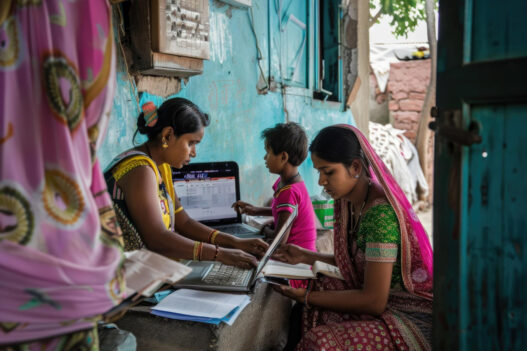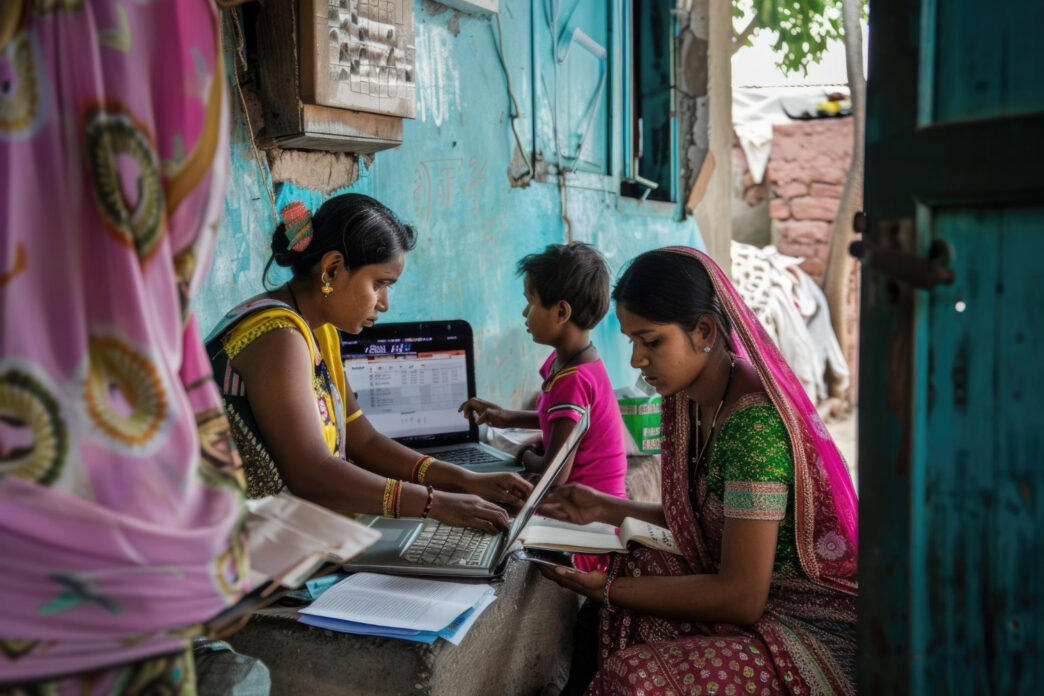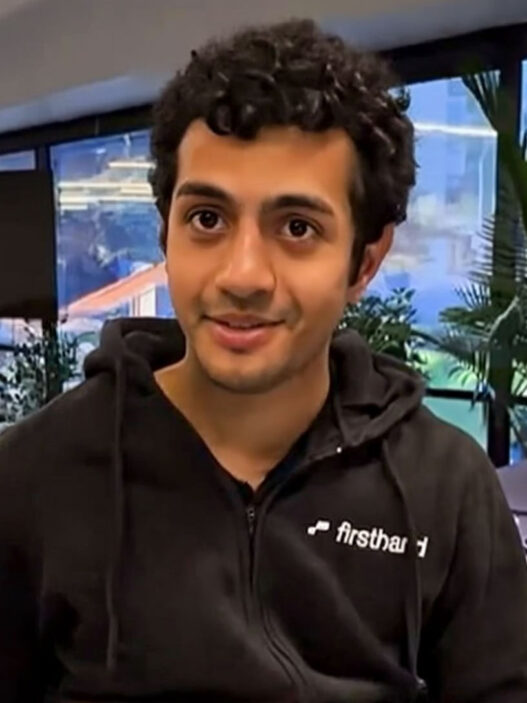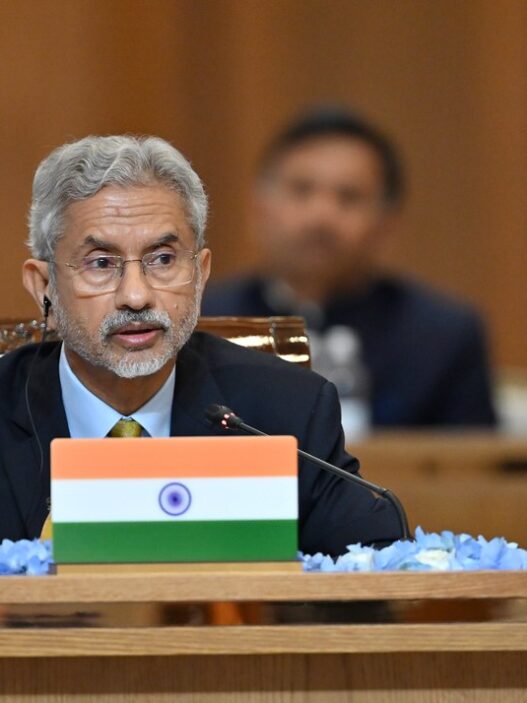More than half of India’s new startups now call the smaller cities home, and a parallel surge of individual digital creators—over 2.5 million strong—is reshaping content creation in regional languages. Together, these twin booms underscore a profound shift in India’s innovation geography and creative economy.
1. Tier II/III Cities: The New Startup Heartlands
In 2024, 51 percent of all Department for Promotion of Industry and Internal Trade (DPIIT)–recognized startups originated from beyond the traditional hubs of Bengaluru, Delhi NCR, Mumbai, Chennai, Pune, Hyderabad, Ahmedabad, and Kolkata. This marks a watershed moment: India’s next wave of unicorns is being forged not in the big metros but in smaller urban centres.
As of December 31, 2024, DPIIT had recognized 157,000 startups nationwide, with 80,000 of these based in Tier II and Tier III cities. White-collar hiring in Tier II cities outpaced metros in June 2025—fresher hiring jumped 11 percent (vs. national average 6 percent), while IT recruitment surged 53 percent year-on-year.
1.1 Five Trailblazing Tier II/III Startups
These companies exemplify how deep local insights, lower operating costs, and burgeoning regional talent are fueling high-growth ventures outside the metros:
| Startup | Headquarters (City) | Sector | Notable Facts |
|---|---|---|---|
| DealShare | Jaipur | Social Commerce | Hyperlocal group-buying model serving Bharat consumers; raised $185 M Series D |
| Finvasia | Chandigarh | Fintech | AI-driven trading & wealth solutions; grown from local roots to global markets |
| CarDekho | Jaipur | Auto Tech | Unicorn status; 4,000+ dealer partners; $1.2 billion+ funding |
| PhysicsWallah | Noida (Tier II ops) | EdTech | Began as a YouTube channel; now a full-stack learning platform |
| AgroHub | Jaipur | AgriTech | Real-time farming insights & market linkages; empowering smallholder farmers |
Each of these ventures leverages the advantages of smaller cities—affordable talent, proximity to regional markets, and supportive local ecosystems—to scale rapidly on leaner budgets.
2. The Vernacular Solopreneur Boom
Parallel to the startup decentralization, India’s creator economy is experiencing explosive growth at the individual level. Over 2.5 million “serious creators” now monetize content, with a vast majority operating in Indian languages.
Creator Base Tiers
- 150,000+ professional creators (100K+ followers)
- 2.5 million serious creators (10K–100K followers)
- Millions more aspirational enthusiasts
Vernacular Growth Engine
Tier II/III creators grow at 1.5× the metro rate. Categories such as fashion, food, finance, education, and beauty in regional languages are booming, driven by hyper-local trust and high conversion potential.
2.1 Leading Vernacular Platforms
These platforms have built regional-language ecosystems that enable creators to earn without leaving their hometowns:
| Platform | Monthly Active Users | Languages Supported | Monetization Models |
|---|---|---|---|
| ShareChat | 180 million+ | 15+ | Ad revenue share, virtual gifting, brand collaborations |
| Moj | 300 million+ | 12 | Subscriptions, virtual gifting, brand marketplace, e-commerce links |
| Josh | 180 million+ | 12 | Microtransactions, collab marketplace, OEM pre-installs |
By tailoring tools—virtual gifting, subscriptions, brand marketplaces—and focusing on vernacular UX, these platforms have empowered millions of creators in Hindi, Tamil, Telugu, Marathi, Bengali, and more to build sustainable digital businesses.
3. Why This Matters
Inclusive Growth
Decentralized startups and solopreneurs are driving economic opportunities deeper into the hinterlands, aligning with government objectives under the Startup India initiative.
Localized Innovation
Solutions born from regional challenges—be it agritech in Rajasthan or niche educational platforms—demonstrate that Bharat is not just a market but a crucible of innovation.
Future Prospects
Continued ecosystem support—state incubators, genre-based training for creators, and targeted VC flows—will be critical to sustaining momentum. With 51 percent of startups outside metros and 2.5 million+ vernacular solopreneurs already monetizing, India’s non-metro regions are poised to power the next decade of growth.
Bold new chapters in India’s innovation story are being written today—in Jaipur boardrooms, Chandigarh co-working spaces, and rural digital studios—by entrepreneurs and creators who refuse to be confined by pin codes. As India’s entrepreneurial and creator economies evolve, one truth stands clear: opportunity has no ZIP code.



















